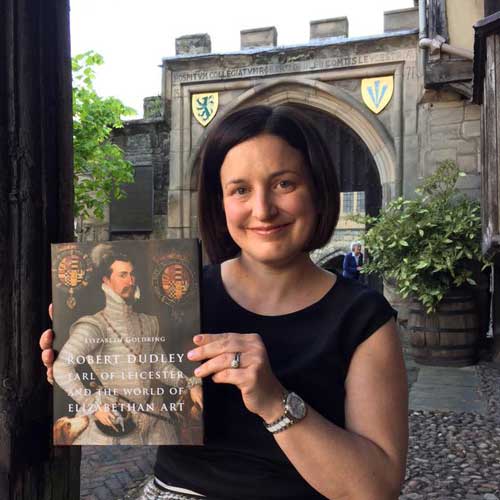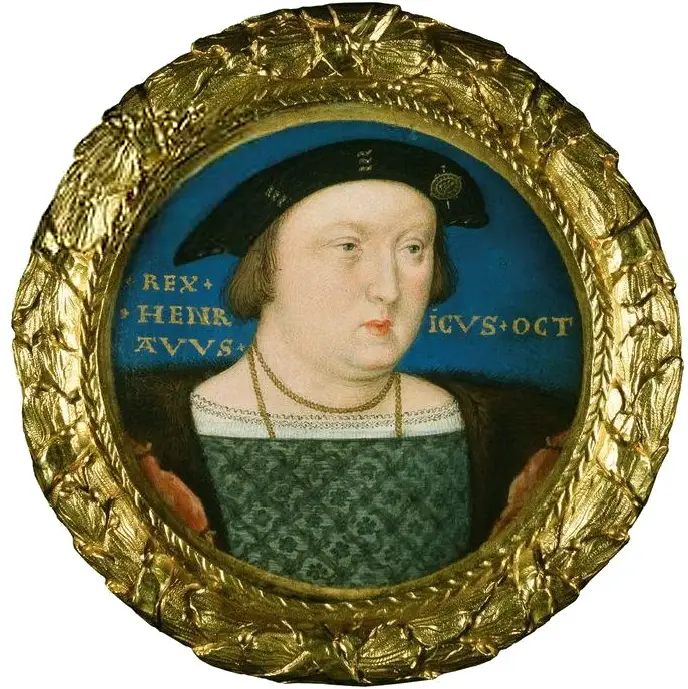
Thomas Tallis and William Byrd by Gerard van der Gucht
On this day in 1623, Wiliam Byrd, the famous Elizabethan English composer, died at Stondon Massey in Essex and he was buried next to his wife in the parish church there.
Byrd was appointed as a Gentleman of the Chapel Royal in 1572 and in 1575 he and his friend Thomas Tallis were granted a patent for the importing, printing, publishing, and sale of music, and the printing of music paper for a period of twenty-one years. The first title they published was "Cantiones sacrae", or Cantiones quae ab argumento sacrae vocantur, which they published in 1575. This work was a collection of 34 motets - 16 written by Tallis and 18 by Byrd - which were dedicated to Elizabeth I.
His devout Catholicism nearly got him into trouble in the 1580s, due to his association with prominent Catholics, including Thomas Paget who was involved in the Throckmorton Plot. Byrd was called before the Privy Council but he escaped punishment. Although some have suggested that he was suspended from his duties at the Chapel Royal, John Harley, author of The World of William Byrd: Musicians, Merchants and Magnates, points out that there is no evidence of this and there does not seem to have been anybody who could have taken over his duties as organist. He also points out that Joan Tallis believed him still to be a Gentleman of the Chapel Royal in her will of 12th June 1587.
In 1593, Byrd moved with his family to Stondon Massey in south Essex and spent the remainder of his life there.
He was described as "a father of Musick" in the Chapel Royal cheque book and his biographer, Craig Monson, writes that “Byrd was the first Englishman to master fully the quintessential feature of continental Renaissance music, systematic but flexible imitative textures” and he started his career as a pupil of Thomas Tallis. Byrd's works include “Cantiones sacrae” (1575), “Psalmes, Sonets, & Songs of Sadness and Pietie” (1588), “Songs of Sundrie Natures” (1589) and “Gradualia” (1605-1607).
The Encyclopaedia Britannica have got an excellent article on Byrd on their website at http://www.britannica.com/biography/William-Byrd
Here are some of his compositions:
https://youtu.be/tjM2XO8Uwds



Leave a Reply